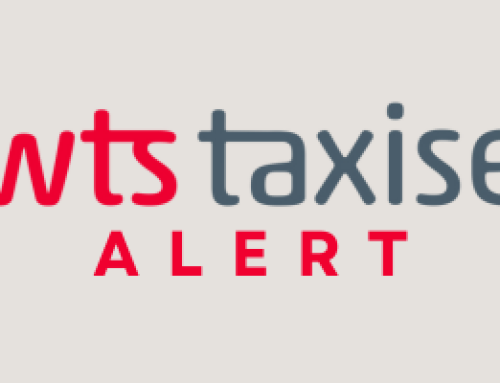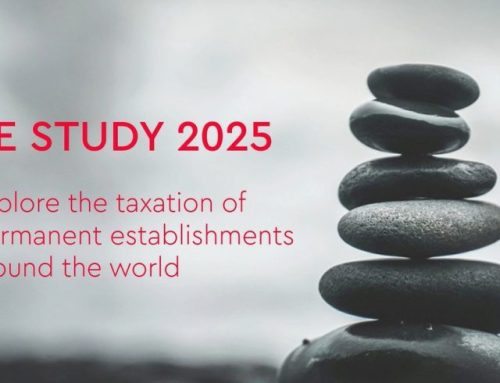Singapore unveils new measures to cool housing market
On 15 December 2021, the Singapore government announced a package of measures designed to address the sustained rising trend in housing prices. These interventions mark the first time in more than three years that the government has stepped in to cool the buoyant private residential and public housing resale markets. Notwithstanding the present COVID-19 economic downturn, private housing prices have increased by about 9% while public housing resale prices are up by about 15% since the first quarter of 2020. This alert summarises the key measures announced by the government.
Raising the Additional Buyer’s Stamp Duty rates
Additional Buyer’s Stamp Duty (“ABSD”) is payable on the acquisition of a residential property in Singapore and is based on the higher of the purchase price or market value of the acquired property. ABSD liability will depend on the profile of the buyer on the date of purchase or acquisition.
With effect from 16 December 2021, the applicable ABSD rates have been increased for Singapore citizens and permanent residents purchasing a second or subsequent residential property and for foreigners purchasing any residential property. The former and newly revised rates are as follows.
| Profile of buyer | ABSD rates (6 Jul 2018 to 15 Dec 2021) |
ABSD rates (From 16 Dec 2021) |
|
| Singapore citizens | First property | 0% | 0% |
| Second property | 12% | 17% | |
| Third and subsequent property | 15% | 25% | |
| Singapore permanent residents | First property | 5% | 5% |
| Second property | 15% | 25% | |
| Third and subsequent property | 15% | 30% | |
| Foreigners | Any property | 20% | 30% |
| Entities | Any property | 25% / 30% (housing developers) | 35% / 40% (housing developers) |
The revised ABSD rates will apply to buyers who have been granted an option to purchase (“OTP”) on or after 16 December 2021. However, the former ABSD rates will continue to apply to buyers if: (a) the OTP is granted before 16 December 2021; (b) the OTP is exercised before 6 January 2022 or the date of expiry of the OTP validity period (whichever is earlier); and (c) no changes are made to the OTP on or after 16 December 2021.
Reduction of total debt servicing ratio threshold
Total debt servicing ratio (“TDSR”) refers to the portion of a borrower’s gross monthly income that is utilised to repay the monthly debt obligations.
The government has lowered the TDSR threshold to 55% (from 60%) and this revised threshold will apply to loans for purchase of properties where the OTP is granted on or after 16 December 2021 and for mortgage equity withdrawal loan applications made on or after 16 December 2021.
A borrower with an existing property loan granted before 16 December 2021 will not be affected by the revised TDSR threshold when refinancing the loan.
Reduction of loan-to-value limit for public housing loans
Loan-to-value (“LTV”) limit determines the maximum amount that may be borrowed from a financial institution for the purposes of a housing loan. The LTV ratio refers to the loan amount as a percentage of the property’s value.
The government has reduced the maximum amount that can be borrowed from the Singapore public housing agency by lowering the LTV limit for public housing loans obtained from the agency to 85% (from 90%). The revised LTV limit will apply to new public housing applications for sales exercises launched after 16 December 2021, and for complete resale applications (i.e., where the agency has received both sellers’ and buyers’ portions of the resale application) which are received from 16 December 2021 onwards.
The LTV limit for public housing loans obtained from financial institutions remains unchanged at 75%.
Our observations
This latest round of cooling measures, together with the government’s commitment to boost the supply of private and public housing, is in line with its longstanding policy of promoting housing affordability and ensuring price stability. The higher ABSD rates clearly increase the cost of, and consequently, affect the returns on Singapore residential properties as an asset class. Nevertheless, the effectiveness of these measures in achieving their purported objective of promoting continued housing affordability and encouraging greater financial prudence remains to be seen, given the popularity of Singapore real estate with the well-heeled as safe haven investments.
For further inquiries regarding this alert, please contact:
| Eugene Lim Founding Principal, Taxise Asia LLC Eugene.Lim@TaxiseAsia.com +65 6304 7989 |
|
For the PDF version, please click here.




